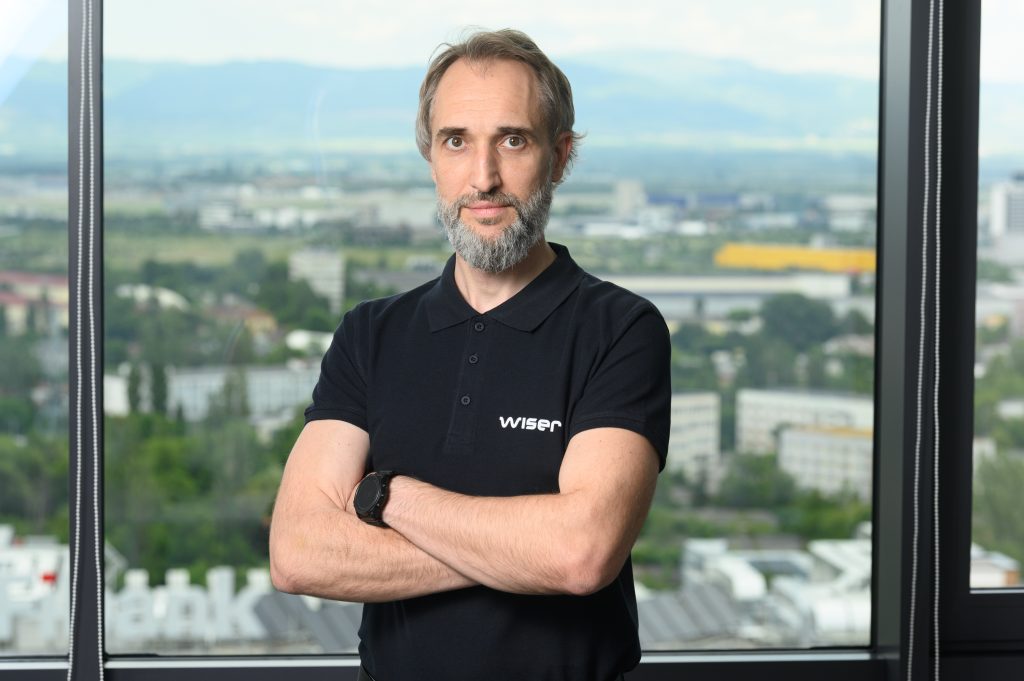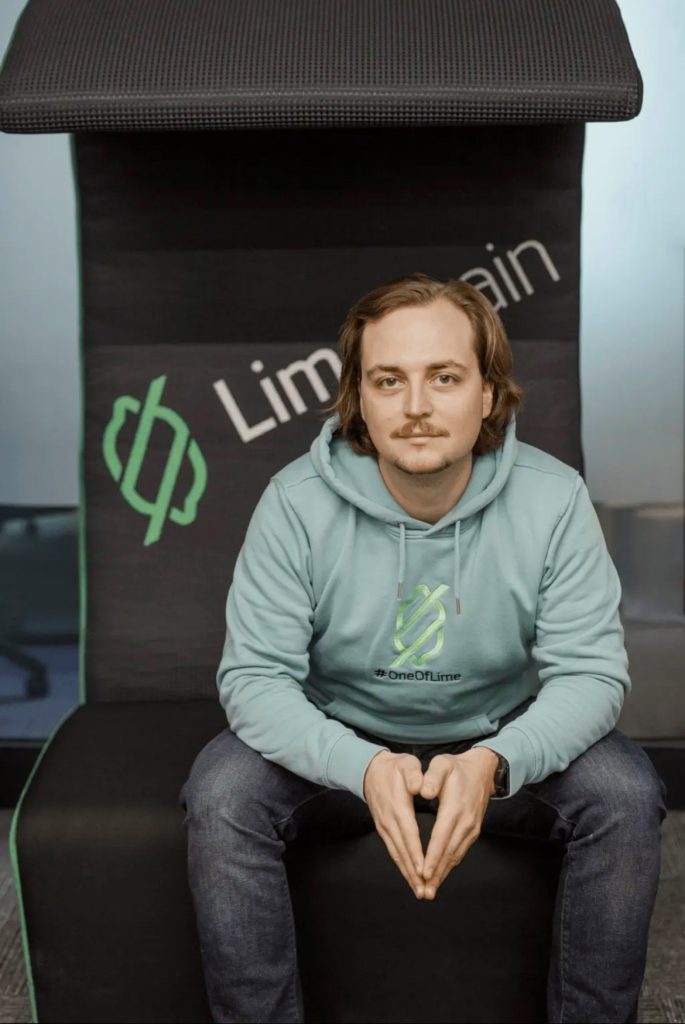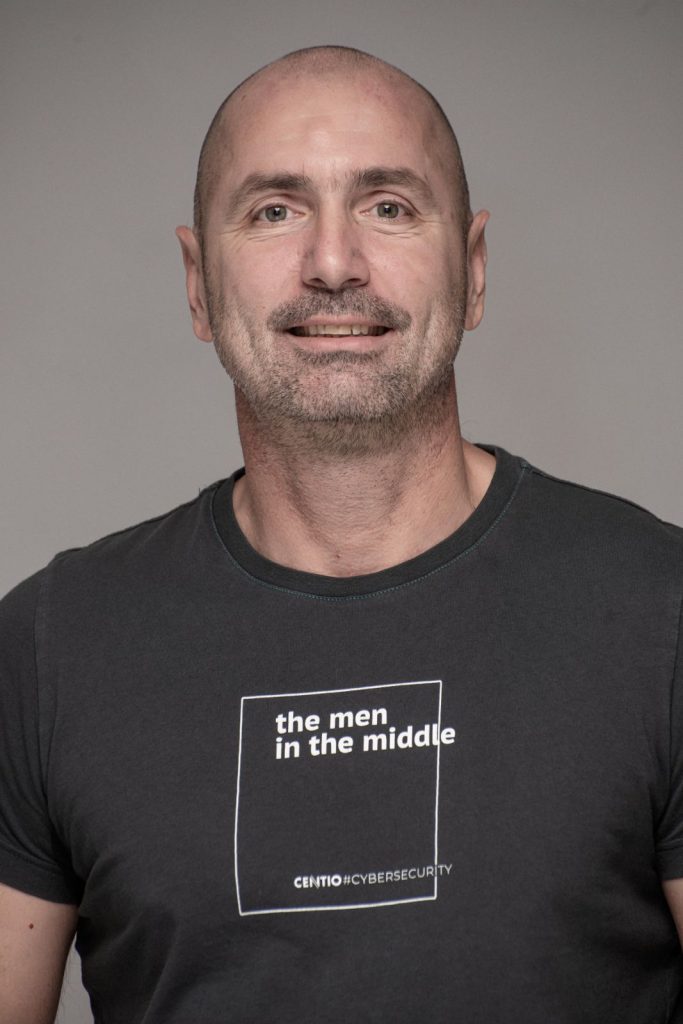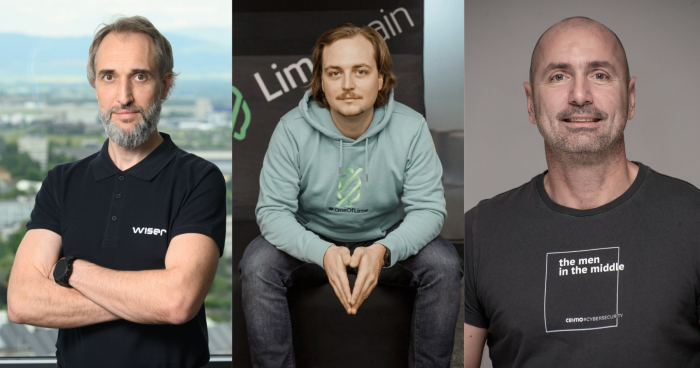According to statistics in the analytical platform What’s the BIG DATA, 63% of technology startups fail, and only 10% of them manage to become sustainable businesses. For Bulgaria, such specific data is not available, but given that our country has long been part of the global ecosystem, we can conclude that the situation is not much different.
However, besides being a “red light” for future entrepreneurs, these statistics make successful companies and their stories particularly important examples for the startup ecosystem.
Some of these examples are from Bulgaria, but their work is known beyond the borders of the country. Particularly in the tech scene, where the conventional wisdom is that venture capital funds, investors, and general well-wishers are lurking around every corner, ready to support startups on their journey from whitelist to market.
Digital Lights – to “shine” beyond difficulties and limits
“We started Digital Lights with the ambition to create a software company that would be one of the best examples for the native tech industry,” says founder Dimitar Dimitrov, who has always been driven to create, and the software industry gives him another chance to do so.
But right from the start, the challenges became routine. After managing to assemble a team and attract his first customers in the field of enterprise software in 2018, a year later Digital Lights has to simultaneously grow and enter a new niche – the design of software tools for the automotive industry.
Just then, the pandemic of COVID-19 urgently and unexpectedly arrives, further complicating matters. But Dimitrov sees an opportunity. So with thought, hard work and sacrifice, the results go up and in 2023 the company sees a 50% growth in revenue.

“The constant focus on innovation was also part of the solution,” he emphasizes. He said when there are the most challenges, one has to use them to create something new – new lines of business, new products and total reinvestment in knowledge, team and innovation.
Having passed the pandemic test, today Digital Lights now has a team of over 140 people, and the experience and knowledge gained is leading to the next step in the company’s evolution – a merger with Bianor Holding and Prime Holding under the common Wiser Technology umbrella.
The merged company works with some of the largest banks in the country and automotive industry leaders such as BMW, Mercedes-Benz and Volkswagen. It is also entering the aerospace and high-tech industries, where its clients include the European Space Agency and the European Defence Agency.
“We have shown how bringing together these types of companies can lead to something even more solid. This is a good example for other businesses in the region because there are great start-ups and small and medium-sized enterprises (SMEs), but if we look for examples of larger businesses, there are not that many,” says the head of Digital Lights.
The ambition is for Wiser to become a global company, and it is already on that path. It currently has 500 software engineers in Bulgaria, Greece and Serbia working with clients in the Middle East, Europe and the US. It is the largest local software company listed on the Bulgarian stock exchange, and is considering going public on some larger exchanges. But, as always, for Dimitar Dimitrov, this is just the beginning.
LimeChain – taking the unbeaten path
If we go back to the statistics, the percentage of successful startups in the blockchain sphere is even smaller – only 5 percent, and on the positive side of this data stands the Bulgarian blockchain developer LimeChain, which Nikolay Todorov and three of his friends – Vladislav, Georgi and Chris, created with joint efforts and desire in 2017.
The story began two years earlier when they came together around the creation of a software tool for team productivity based on the LIME (Local Interpretable Model-Agnostic Explanations) methodology.
At the time, they were each working full-time somewhere, but still managed to find funding and started offering their own service. In the meantime, they became familiar with blockchain technology and, more importantly, realized how significant it could be.

“At the time, we were one of the first companies in Bulgaria and in the top 5 companies in Europe to start providing blockchain services. However, we decided to do it,” Nikolay Todorov, who to date is CEO of LimeChain, looks back at the story.
The biggest challenge in the beginning was finding customers, as virtually no such industry existed at the time. But, as sometimes happens, the defect turned into an effect – the team started thinking globally and looking for opportunities where they existed – Asia, England, Germany, North and South America.
“When you start something that someone has already done, there is a path to follow. There was no such thing with us and that created a lot of difficulties. For one thing, we had to be extremely creative. We had to be very flexible, and at the same time we had red lines that we never stepped on,” says Todorov.
But he who searches, finds. LimeChain gets the chance to work with a partner it met by chance in Germany, and the first projects are a fact. This makes the company one of the few with any portfolio in a world where no one has experience yet.
“In the beginning it was required to have worked on any projects and products at all, then it became to have worked on certain products, and now it’s started to be a bit more traditional – how many big companies have you worked with, who can recommend you,” describes the development of the sector the founder of LimeChain.
However, the lack of a developed industry has another negative aspect – there are no trained specialists. And this is where the company takes matters into its own hands – after establishing well-established work processes over time and growing the team to over 130 people, it also founded a place for staff development – the first blockchain academy in the country, together with Telerik Academy.
With this, LimeChain closes the circle of parties it can be useful to as a company – its customers, its team, the development of blockchain technology and the entire industry. So that in the future everyone can benefit from what they have created.
“The experience we’ve gained in these seven years, and working with different models, allows us to provide knowledge that can’t be found elsewhere. Today, the company is among the leaders in the blockchain industry and works with the largest networks, prorogues and dApps (decentralized applications) such as Ethereum, Hedera, Polkadot and Solana,” Nikolay Todorov adds.
Explore more
CENTIO – being at the core of cybersecurity
Established more than 20 years ago, CENTIO began to address cybersecurity long before the discipline became the lifeblood of business that it is today.
“The idea of starting the company came from the fact that I wanted to depend on results – if I do better in business, I earn more. While I was working on a salary, this was not always reflected,” recalls Konstantin Veselinov, founder and managing director of the company.
Driven by this understanding, he and his team initially started out assembling computers, then became one of the first companies in the country to support other companies ‘ IT systems – computers, networks, printers, peripherals.
But how to protect all this infrastructure? In search of the best solution for their customers, CENTIO decided on ESET’s then-unknown NOD32 antivirus program. They tested it and, fascinated by the results, started installing it on their customers. Then, logically, comes the question, “Why not offer it to more customers?”.

“Alongside NOD32 we concentrated on the security business. At some point our customers’ needs started to grow – they wanted a firewall, someone had to deal with their servers, etc. So we had to expand our competencies, our team, and that became our core business,” says Konstantin Veselinov.
This led to the construction of the first private Security Operations Center in Bulgaria, and CENTIO has shifted to offering complete security services. In this way, the company stays abreast of the critical needs of industries that are becoming more dependent on technology over time.
“Years ago, when we started, very few people paid attention to cybersecurity, but now they’re the core – if their data is siphoned, or a supply or a supply line is stopped, it becomes a huge problem. Computers may be all zeros and ones, but they affect our entire business, our lives. So we don’t protect computers, we protect businesses and people,” the CENTIO founder is adamant.
To date, thanks to its partner network, the company has thousands of customers. For Konstantin Veselinov, however, the solution is to look to the future – otherwise you may find yourself unprepared for it and even redundant.
“If you don’t consider the market, if you don’t consider the customers, if you’re not fast enough and don’t make the right decisions – you burn. And we’ve been wrong, but when you fall, you get up and move on… You have to see not just the present moment… but figure out what’s going to generate more business in the future.”
The other key aspect is forming a team that has the competencies, human and professional qualities “to be able to implement ideas in a way that is better than the competition”.
Once these two key ingredients of the recipe are in place, it’s the turn of the third – clearly defining the mission. At this point, Veselinov recalls the massive crash of CrowdStrike over the summer, when a single update blocked the operation of over 8.5 million computers.
“They gave a blue screen and stopped banks, airports, hospitals from working. Is this a cyber problem? If a plane can’t take off, is it a cyber problem? If they drain your account, is that a cyber problem? No, those are not problems that stay in cyberspace. These are real problems associated with it,” he said. He adds that people and businesses need to see cyber security not as a one-off act, but as an ongoing process that prepares them for tomorrow.
These three examples show that Bulgaria is a place where ideas can succeed, as long as they are backed by hard work, desire and knowledge. On the other hand, they clearly demonstrate how difficulties at one moment can turn into competitive advantages at another. And this is far from all, but we leave the rest of the conclusions to you.


 Publish date: 18 September, 2024
Publish date: 18 September, 2024



